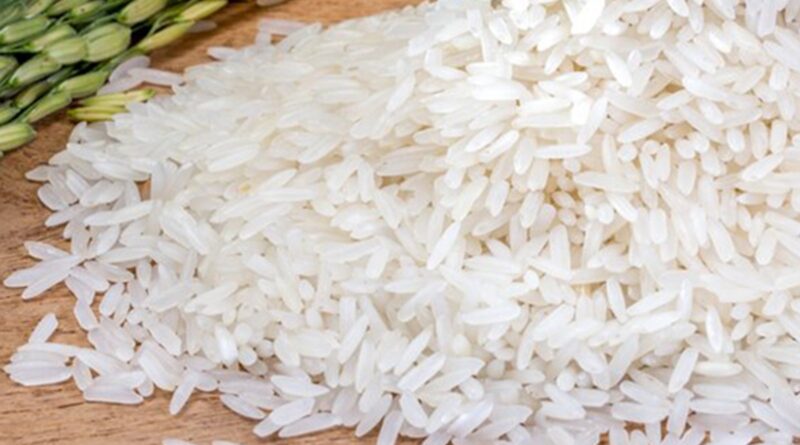Need to remove basmati rice floor price to boost shipments, say exporters
By Reuters
Indian authorities need to promptly cut or remove a floor price for basmati rice exports to help farmers to boost overseas sales of the premium grade and avoid a glut that would further erode farm income, millers said.
India and Pakistan, the only growers of basmati, both try to promote the premium grade of rice in a manner similar to French Champagne or Darjeeling tea.
New Delhi exports 4-5 million metric tons of basmati – the premium long-grain variety famed for its aroma – to countries such as Iran, Iraq, Yemen, Saudi Arabia, the United Arab Emirates and the United States.
Europe is another big market for the rice.
Last year New Delhi set a floor price, or minimum export price (MEP), of $1,200 a metric ton and later cut the MEP to $950 a ton.
India, the world’s biggest rice exporter, also curbed exports of non-basmati varieties in an attempt to keep a lid on domestic prices.
Supplies have picked up since then and India now needs to abolish the MEP or at least implement an immediate cut to ensure that farmers do not get saddled with large stocks when the new-season crop arrives in a month’s time, millers said.
“In our meeting with the food minister, we urged him to remove the MEP to protect both farmers and the basmati rice industry,” said Satish Goel, president of the All-India Rice Exporters’ Association.
“The MEP should be immediately lowered to ensure that India does not lose out to Pakistan in the global market.” Unlike common grades of rice, basmati is not widely consumed in India and the government does not buy the variety to build state reserves.
“There are many basmati varieties and there is a big market overseas for basmati varieties that are priced around $700 a ton, so the government should just remove the MEP,” Goel said.
India is known for its rich biodiversity in basmati rice.
Goel said the export of high-quality rice would boost farmers’ earnings. Thousands of impoverished and indebted farmers complain about falling incomes and soaring fuel and fertiliser prices.
This article has been republished from The Business Standard.

